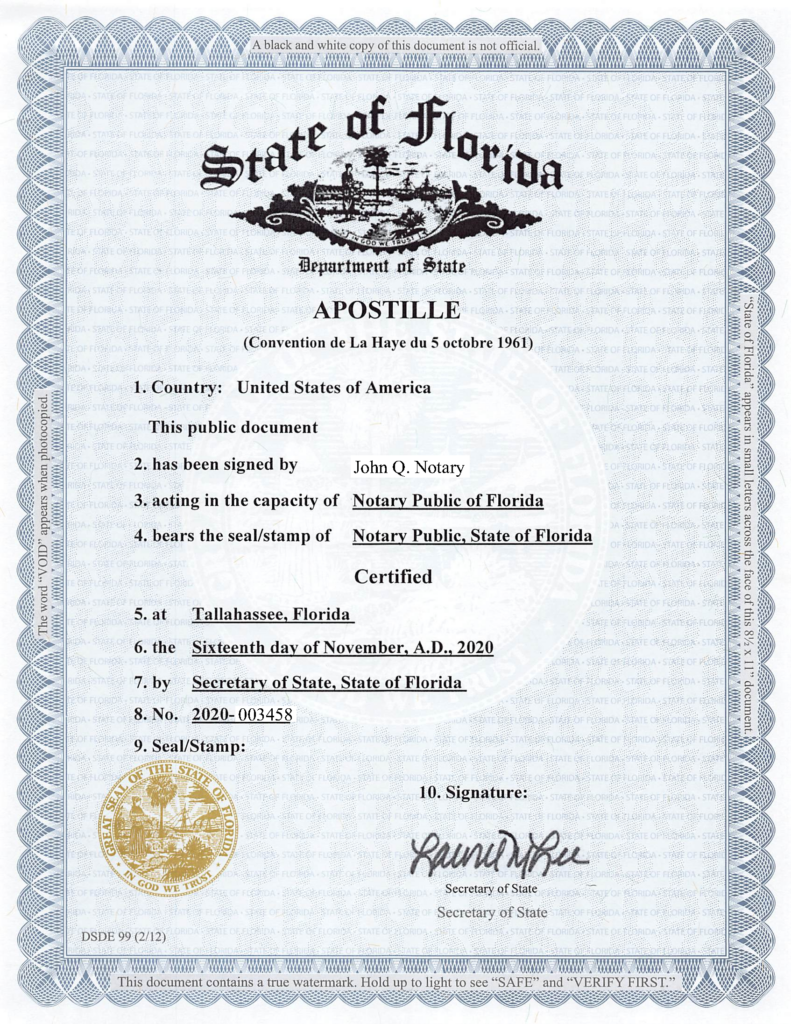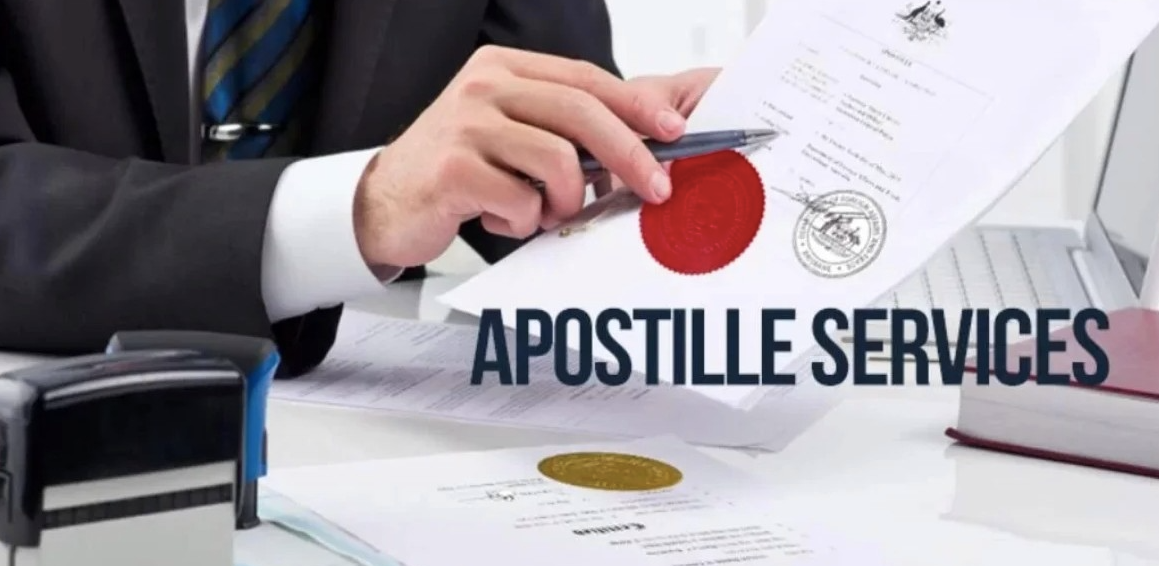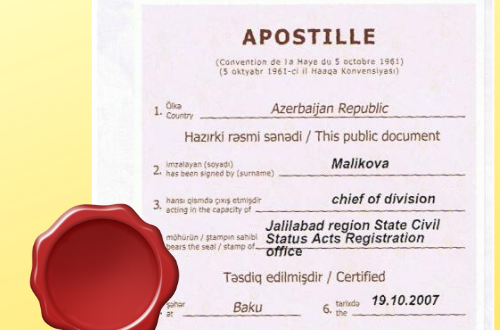Quick and Protected Houston Texas Apostille Handling
Wiki Article
Revealing the Crucial Function of Apostille in Simplifying International Record Validation Procedures
In the realm of international affairs, the validation of files holds vital relevance. In the middle of the web of administrative procedures and differing legal demands across different countries, the duty of apostille arises as a crucial facilitator in streamlining the procedure. By attaching an apostille to a file, it undertakes a simplified validation that is recognized across numerous countries, therefore easing the concerns connected with cross-border file verification. As we look into the intricacies of this specialized qualification, the subtleties in between apostille and typical validation approaches emerge, shedding a brand-new viewpoint on the performance and effectiveness of this essential yet typically neglected procedure.Recognizing Apostille Fundamentals
In the realm of paper recognition for international usage, realizing the basic concepts of apostille verification is essential. An apostille is a specialized certification that confirms the credibility of a paper for usage in foreign countries that are part of the Hague Apostille Convention. Understanding the fundamentals of apostille includes acknowledging that it does not verify the material of the record yet instead licenses the signature and seal of the providing authority. This accreditation simplifies the procedure of global document validation by ensuring that the file will be identified as real in countries that are events to the Apostille Convention.
Apostilles are generally provided for essential records such as birth certifications, marriage certifications, and academic transcripts. The crucial parts of an apostille consist of the name of the nation where it was released, the name of the person signing the record, the ability in which the individual signed the paper, the seal or stamp of the providing authority, and the date of issuance. By recognizing these fundamental aspects of apostille authentication, people and companies can navigate the intricacies of global document validation with self-confidence and effectiveness.
Advantages of Apostille for Recognition

Moreover, the apostille simplifies the confirmation procedure by supplying a standard certificate that validates the credibility of the file, such as birth certifications, marriage licenses, notarized actions, and academic records. This standard format minimizes the danger of denial as a result of strangeness with international files, thus boosting the efficiency of cross-border transactions.
In addition, the apostille aids in eliminating the requirement for numerous layers of verification by government authorities, as the apostille itself indicates the paper's legitimacy. This not just increases the record validation procedure yet likewise lowers the linked costs and governmental difficulties, making it a hassle-free and affordable option for people and companies taking part in worldwide tasks.
Simplifying Cross-Border File Authentication
Assisting in the validation of papers throughout worldwide boundaries, the apostille procedure functions as a structured and universally identified method for authenticating different sorts of official documents. Simplifying cross-border file authentication, the apostille gets rid of the requirement for extensive and frequently complicated validation treatments usually required when offering papers in foreign nations. By fastening an apostille to a file, the providing country certifies the authenticity of the document, making it readily appropriate in various other countries that become part of the Hague Apostille Convention. This standardized process dramatically reduces the time and initiative associated with verifying the legitimacy of main paperwork, promoting efficiency and convenience of worldwide purchases.Moreover, the apostille system boosts the safety and security and credibility of cross-border document recognition by offering a Discover More Here transparent and internationally accepted device for validating the legitimacy of records. This simplification of authentication refines not only benefits individuals and organizations looking for to run internationally however additionally promotes smoother interaction and collaboration between countries by making certain the reliability of common paperwork.
Value of Apostille in Legalization

Apostille makes certain that lawful documents such as birth certifications, marital relationship certifications, powers of lawyer, and court files are identified and approved in foreign territories. This is especially crucial in lawful matters such as worldwide fosterings, migration processes, or company deals that include celebrations from various nations. The apostille procedure decreases the time-consuming treatments and governmental obstacles commonly related to paper legalization, making international transactions much more efficient and lawfully binding. In verdict, the relevance of apostille in the legalisation of worldwide files can not be overemphasized, as it assists in smooth cross-border communications and guarantees the legitimacy and credibility of legal paperwork.
Apostille Vs. Conventional Recognition Approaches
Contrasting apostille with standard validation approaches exposes unique differences in the performance and simpleness of record authentication procedures for worldwide usage. Apostille, as a structured and standard technique established by the Hague Convention, supplies a much more simple technique to validating papers compared to typical techniques. Conventional validation processes frequently entail multiple steps, consisting of notarization, accreditation by federal government authorities, and consular legalization, which can be difficult and time-consuming.Apostille, on the other hand, simplifies this process by certifying papers with a solitary apostille certification released by an experienced authority in the country where the record originates (Houston TX Apostille). This certification is identified by all member countries of the Hague Convention, eliminating the need for additional embassy legalization. Because of this, apostille significantly decreases the moment and effort needed for paper validation, making it a preferred choice for companies and individuals entailed in international transactions
Final Thought
To conclude, apostille plays a crucial function in you could try these out simplifying global document recognition procedures by giving a standard method of authentication that is recognized throughout taking part countries. By enhancing the legalisation process, apostille eliminates the requirement for several layers of validation, minimizing time and prices related to cross-border document verification. This reliable system advantages individuals and organizations looking for to utilize international records for legal objectives, making sure smoother international purchases.By attaching an apostille to a paper, it goes through a streamlined validation that is identified across countless countries, therefore easing the problems associated with cross-border record verification. Simplifying cross-border paper authentication, the apostille removes the need for extensive and usually complex recognition procedures commonly called for when providing records in international countries. By fastening an apostille to a paper, the releasing country licenses the credibility of the document, making it conveniently acceptable in various other countries that are part of the Hague Apostille Convention. By affixing an apostille to a record, the additional hints providing nation certifies the authenticity of the trademark, seal, or stamp on the document, making it valid for usage in one more participant nation of the Hague Apostille Convention without the requirement for further legalization.

Report this wiki page